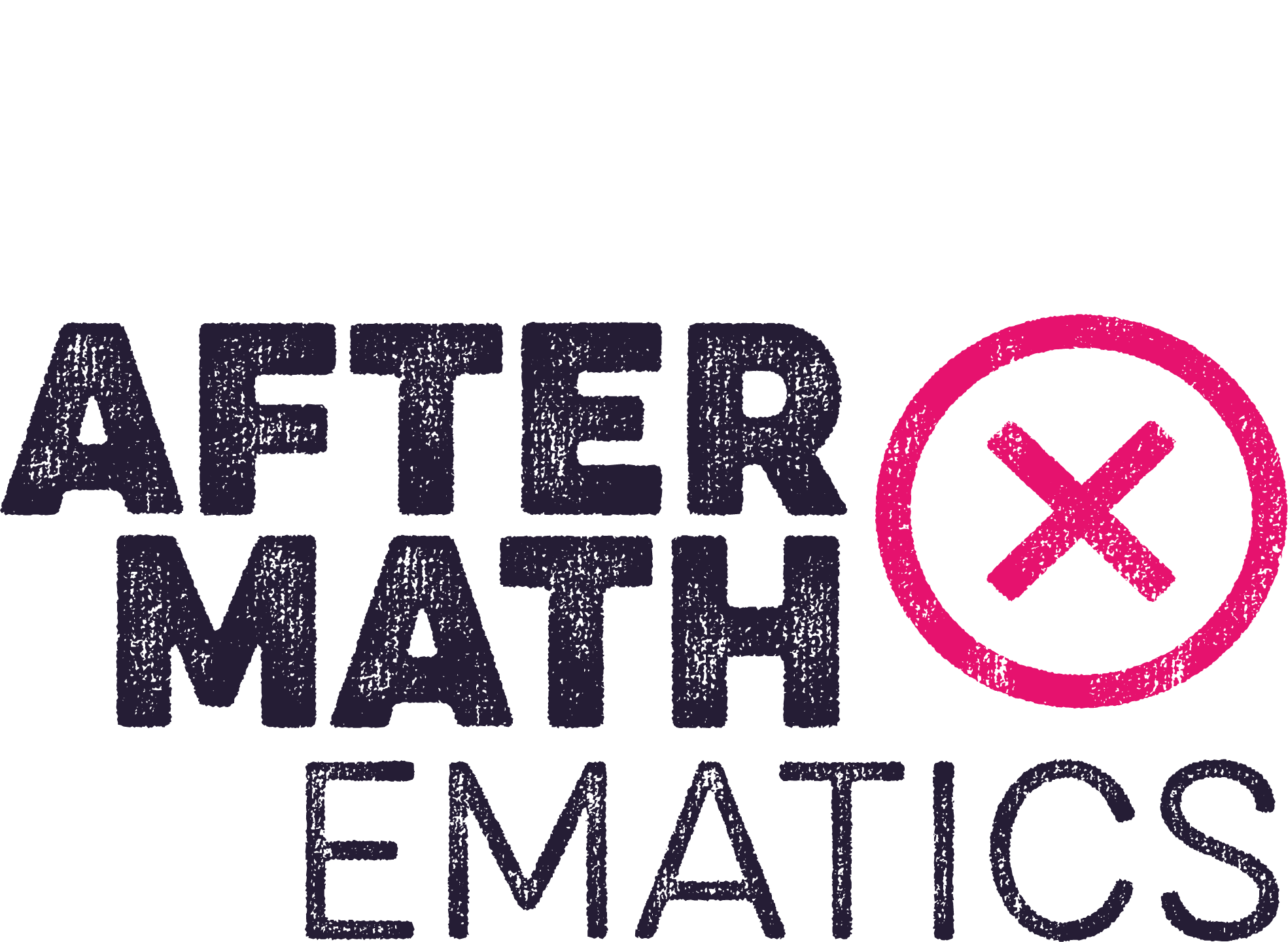G is for Growth

We like to think that sharks have to keep moving or they die. It’s not really true, but it’s a good way of thinking about capitalism.
As a system for organising society, capitalism has to keep expanding: its mantra is grow or die.
Growth might not seem like a bad thing. But when politicians and economists talk of growth, they mean something very specific: growth in GDP (Gross Domestic Product), growth of the economy.
Politicians target GDP. Economists measure GDP. The headlines report GDP. But that’s not why it matters.
Leaving aside for the moment that infinite growth is impossible on a finite planet, economic growth matters because it expresses something fundamental about the way our society is currently organised: in capitalist society our lives are measured by money and we must all bow down to money the master.
GDP and economic growth are blind to inequality. Growth doesn’t care how wealth is distributed just as long as money keeps piling up.
Being ill is good for growth if it means drugs get bought and sold.
Building shoddy houses that fall down within a generation is better for growth than building energy-efficient homes that last for centuries.
Developing ‘leisure facilities’ in green space is good for growth because it means more money changes hands.
Building a megadam is good for growth because the electricity can be sold to factories which produce new stuff to be sold, and which employ the workers who once lived – and loved, and farmed and fished – under the rising waters. (And who still don’t have electric light.)
By any account GDP is a terrible measure of wellbeing. But that doesn’t matter to capital, which just needs to keep growing.
And that growth always comes at the expense of us and our environment. It has to be squeezed out of our bodies, our time, our planet.
Economic growth means only subordinating more of our lives to the rule of money and the market.
Economic growth simply means more workers, more work, more plunder.
So when politicians talk of a V-shaped recovery, it’s no wonder we have an entirely different image in mind…
